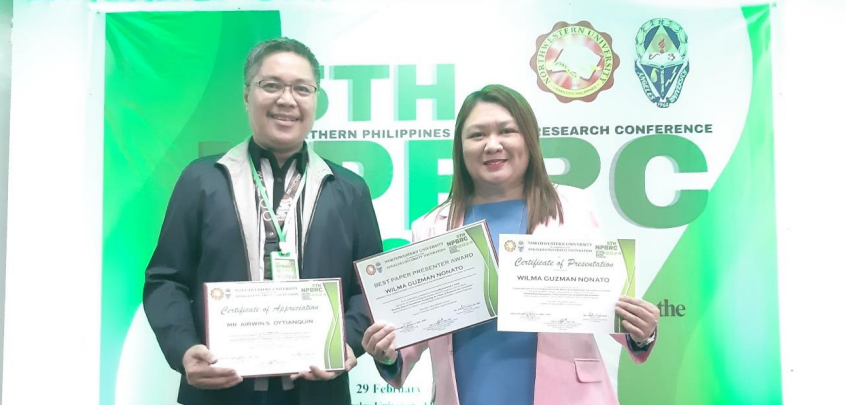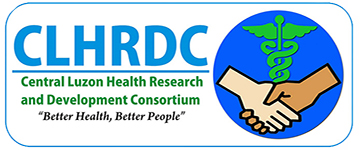





 BUSINESS AD CELEBRATES MARKETING DAYS 2024
BUSINESS AD CELEBRATES MARKETING DAYS 2024 CBA FACULTY WINS IN THE BUSINESS RESEARCH CONFERENCE
CBA FACULTY WINS IN THE BUSINESS RESEARCH CONFERENCE
College of Engineering
Vision
To be recognized as a premier institution in the field of Civil Engineering whose graduates demonstrate high levels of academic achievement through gainful employment and/or admission to professional schools.
Mission
The College of Engineering aims to provide students with high quality, innovative, and globally competitive learning experiences and to produce graduates who are educated professionals equipped with the technical, problem-solving, and communication skills required to succeed in the workplace and society.
Goal
The College of Engineering is committed to the mission of the Republic Central Colleges which is the total development of man based on Faith, Science and Virtue, and to the pursuit of excellence in Engineering Education in order to produce academically competent, ethical, and service-oriented engineers who are ready to take their role not only in the local, but global community.
Objectives
Specifically, the College of Engineering seeks to produce graduates who:
have acquired thorough knowledge and skills necessary for the planning, design, construction, management, and maintenance of the different types of civil works used by man;
have developed positive work values and ethical standards of behavior to enable them to discharge their responsibilities without compromising the rights and welfare of their clients, employers, and the profession;
take an active role in the preservation, protection, and conservation of the environment;
value professional development and contribute to the advancement of knowledge through research in order to maintain a competitive edge in the dynamics of the changing field of engineering thereby contributing to the socio-economic progress and development of the country and the global community; and
exemplified the qualities of responsible and competent, compassionate and committed graduates, as bequeathed by RCC.
Program Outcomes
A graduate of the Bachelor of Science in Civil Engineering (BSCE) program must attain:
a. an ability to apply knowledge of mathematics, physical sciences, engineering sciences to the practice of civil engineering;
b. an ability to design and conduct experiments, as well as to analyze and interpret data;
c. an ability to design, build, improve, and install systems or processes which meet desired needs within realistic constraints;
d. an ability to work effectively in multi-disciplinary and multi-cultural teams;
e. an ability to recognize, formulate and solve civil engineering problems;
f. an understanding of the effects and impact of civil engineering projects on nature and society, and of the civil
engineers’ social and ethical responsibilities;
g. specialized engineering knowledge in each applicable field and the ability to apply such knowledge to provide solutions to
actual problems;
h. an ability to effectively communicate orally and in writing using the English language;
i. an ability to engage in life-long learning and an acceptance of the need to keep
current of the development in the specific field of specialization;
j. an ability to use the appropriate techniques, skills and modern engineering tools necessary for the practice of civil
engineering; and
k. a knowledge of contemporary issues.

|
Web-based OPAC |
|

|
RCC GSuite Login |
|

|
Central Luzon Health Research Development Consortium |
|
|
|
RCC LIBRARY - GSITE |
|

|
RCC Official Facebook Page |
|